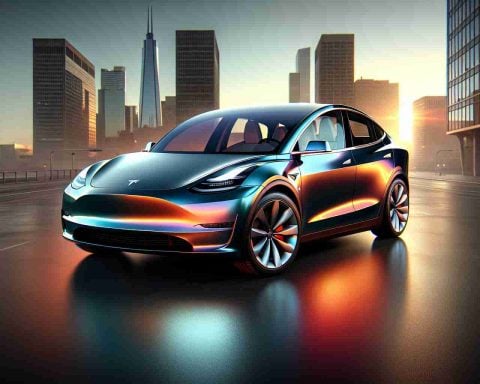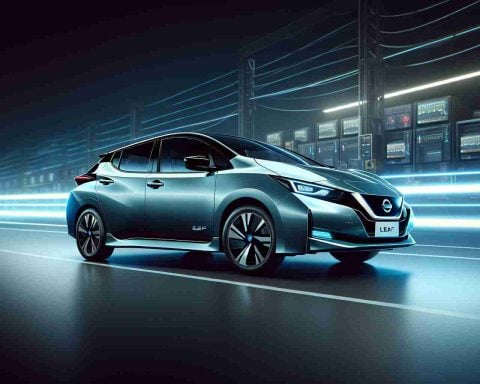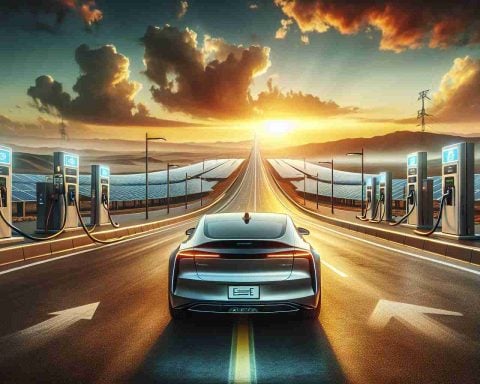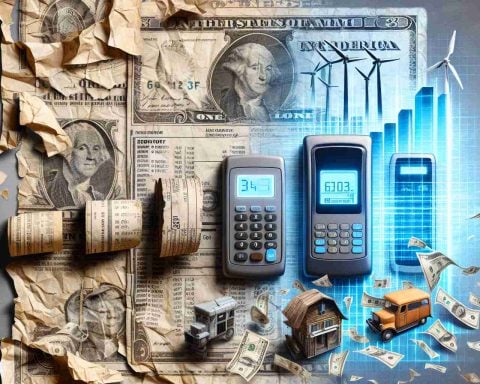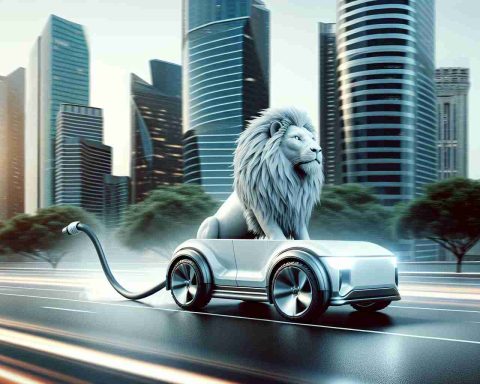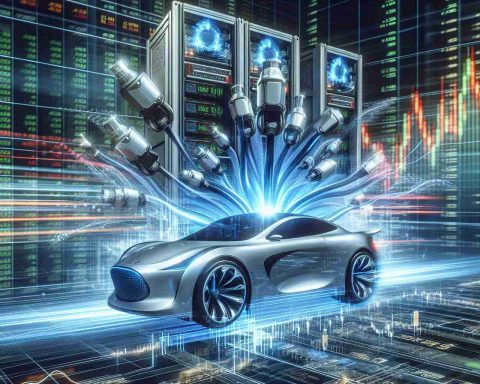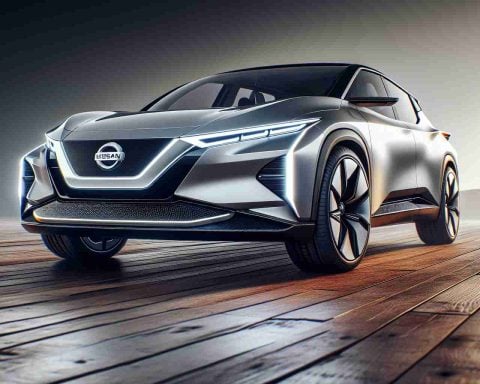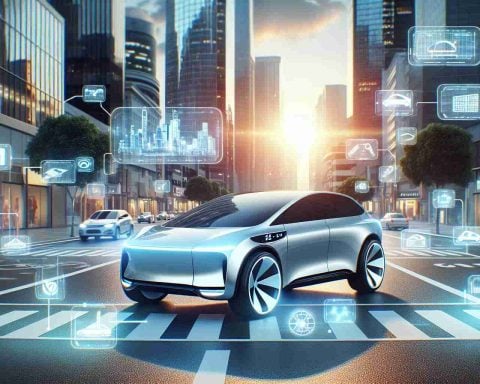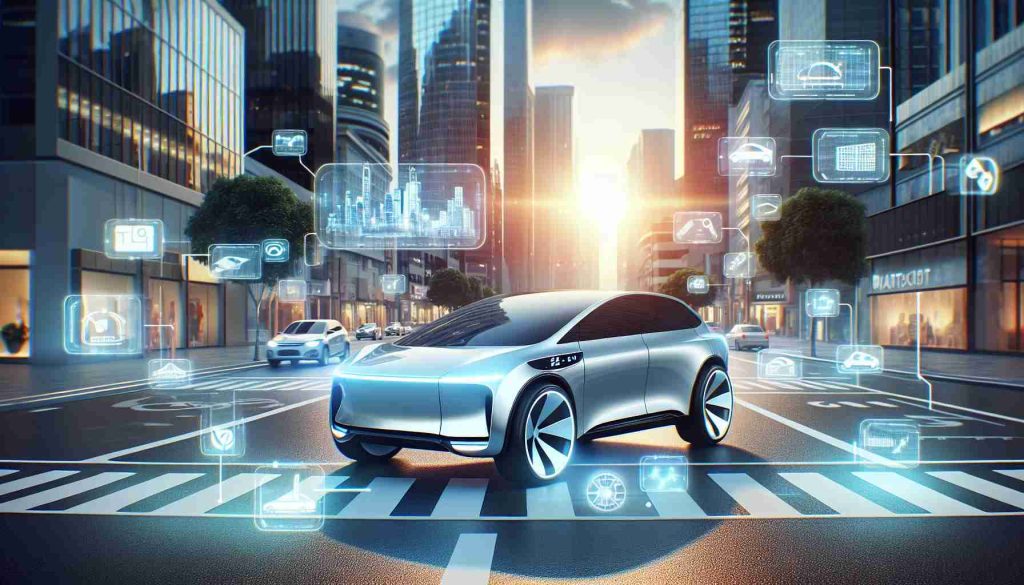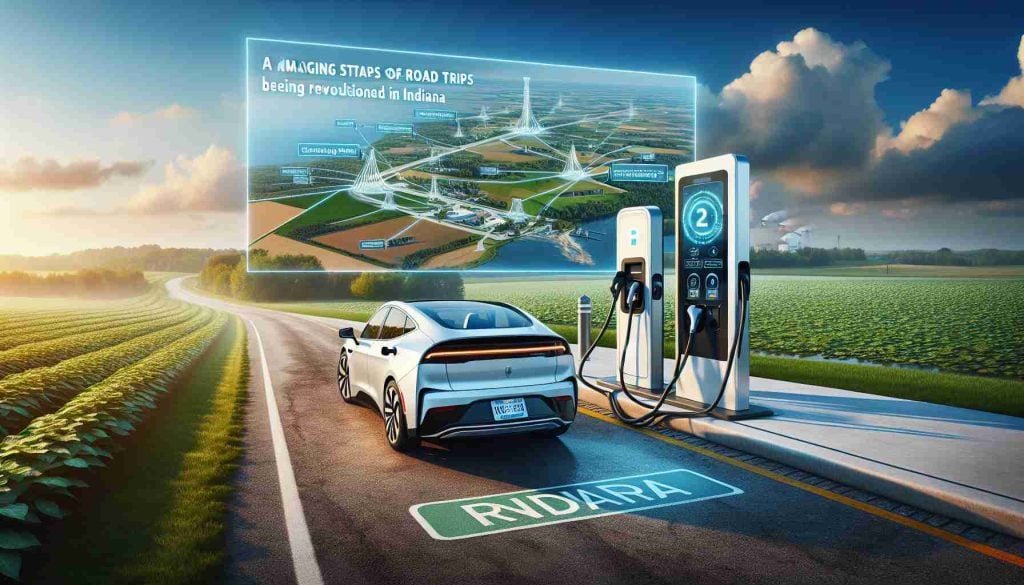- Tesla vehicles in Arcata, California, have been targeted with flyers that say “No Nazis in America,” accompanied by bricks, causing alarm among locals.
- A group called Students Against Nazi Extremism claims responsibility, linking Tesla owners to extremist ideologies without clear reasoning.
- Incidents are expected in other Northern California towns with California State University campuses, though some areas like Seaside report no complaints.
- The situation underscores the potential for unexpected activism to disrupt community peace and highlights the need for vigilance.
- Authorities are calling for information and attentiveness, as the event prompts reflections on the intersections of technology, identity, and activism.
In the heart of Arcata, a serene town nestled within California’s redwood coast, a peculiar disturbance has unsettled the tranquility. Drivers of sleek Tesla vehicles recently found their windshields adorned not with parking tickets, but ominous flyers carrying a chilling message: “No Nazis in America.” This cryptic note, coupled with its aggressive delivery—a flyer anchored by a hefty brick—has alarmed both residents and local authorities.
As whispers of a coordinated effort escalate through Northern California, the group styling itself as Students Against Nazi Extremism has claimed responsibility. They assert that these flyers are the opening salvo in a broader campaign targeting Tesla owners, a bizarre association linking high-tech vehicles with extremist ideologies. The choice of target remains as enigmatic as the group itself, leaving Tesla owners puzzled and concerned for the safety of their prized vehicles.
Nearby municipalities, including Rohnert Park, Seaside, and Hayward, reportedly brace for similar incidents, with each harboring campuses of the California State University. Yet, in stark contrast, authorities in places like Seaside express confusion, having received no formal complaints or vandalism reports, despite the swirling rumors.
Amidst the unfolding mystery, one thing is clear: the flyers have stirred a pot of anxiety and intrigue. As authorities urge vigilance and appeal for any information, the incident serves as a reminder of how quickly tranquility can be disrupted, and how vital it is for communities to stay alert and responsive in the face of unconventional threats. It’s a lesson in the unintended intersections of technology, identity, and the unpredictability of modern activism.
Shocking Campaign Targets Tesla Owners: Unpacking the Unseen Threat
In the heart of Arcata, nestled within California’s picturesque redwood coast, the tranquility has recently been disturbed by a series of unsolicited flyers. Tesla vehicles, symbols of cutting-edge technology and environmental consciousness, have become the unlikely targets of these disturbing messages. Titled “No Nazis in America,” the flyers were affixed using hefty bricks, causing alarm among Tesla owners and local authorities alike.
The group behind this unsettling campaign, Students Against Nazi Extremism, claims these flyers are the initial move in a broader campaign aimed at Tesla owners. This unexpected link between high-tech vehicles and extremist ideologies has left many puzzled, raising questions about the motives and objectives of the group.
Nearby cities such as Rohnert Park, Seaside, and Hayward—each boasting a campus of the California State University—are on high alert for similar incidents. Despite the rumors, authorities in Seaside report no formal complaints or instances of vandalism, which only serves to deepen the mystery surrounding these actions.
Important Related Questions
1. What is the significance of targeting Tesla owners, and why might this choice be symbolic?
The focus on Tesla vehicles could symbolize a critique of capitalism, technological elitism, or environmental hypocrisy. Tesla, as a high-profile brand associated with innovation and a wealthy demographic, might represent broader societal targets in the eyes of activists. This points to a larger commentary on the intersection between financial status and perceived social responsibilities.
2. What potential impact could this campaign have on local communities and national discourse?
This initiative could amplify existing tensions within communities, as residents may experience heightened anxiety over threats to their safety and property. Nationally, it underscores the growing concern around unconventional methods of activism and the rapidly changing forms of protest in the digital age. It also raises discussions around freedom of expression and property rights.
3. How do these actions shape the dialogue around modern activism and extremist language?
The usage of provocative and aggressive language reflects an urgent call to action from the group, potentially pushing the boundaries of acceptable protest methods. It highlights how fringe movements can leverage fear to gain attention and stir debate, impacting the public’s perception of activism.
Additional Relevant Information
– Tesla’s Public Image and Activist Targeting:
Tesla, as a symbol of technological progress and environmental effort, may unexpectedly represent privilege and exclusivity to certain activist groups. This paradoxical view can fuel targeted activism, as seen in this case.
– Impact on Local Law Enforcement:
The campaign places local law enforcement in a challenging position, straddling the line between ensuring public safety and respecting activists’ rights. This can strain resources and complicate relations with both community members and activists.
– Privacy and Security Concerns:
The campaign also raises privacy concerns among Tesla owners, who may feel their ownership of such vehicles subjects them to unwarranted scrutiny or danger.
Suggested Related Links
– Tesla
– California Government Official Site
As the situation develops, communities are reminded of the importance of vigilance and open dialogue in the face of unconventional threats, along with the potential for peaceful resolution and understanding.

